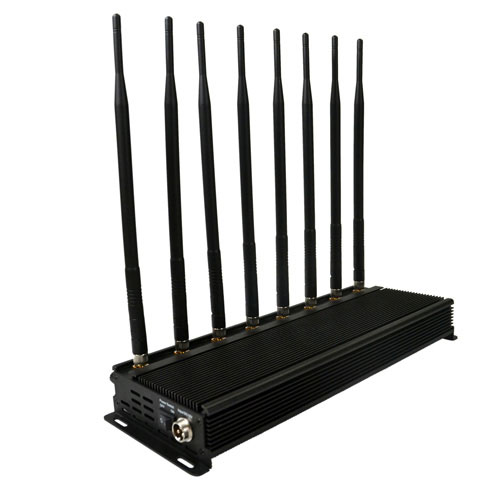In timing applications, interference can interfere with GPS signals, causing the underlying system to no longer be able to synchronize its internal clock, and thus cannot maintain synchronization with the rest of the network. Since many critical infrastructure departments need to synchronize within their networks within one millionth of a second, even short-term GPS failures can have a significant impact. Worse, when a failure occurs, there is usually no indication that it is a failure. No longer receive GPS signals at all.
To make matters worse, many data centers with servers running these networks are located in warehouse areas (frequently with trucks coming in and out) or near major highways. These are the two most likely locations for GPS jammer. In fact, our experience and practical examples in Orolia show that this situation not only occurs, but also occurs relatively frequently.
With this in mind, Orolia has developed solutions to protect our customers. In the second half of last year, we announced the release of BroadShield, which uses sophisticated algorithms to query the RF signals consumed by GPS receivers and detect abnormal situations such as interference or deception. Recently, we released a new anti-jamming antenna (AJ).





